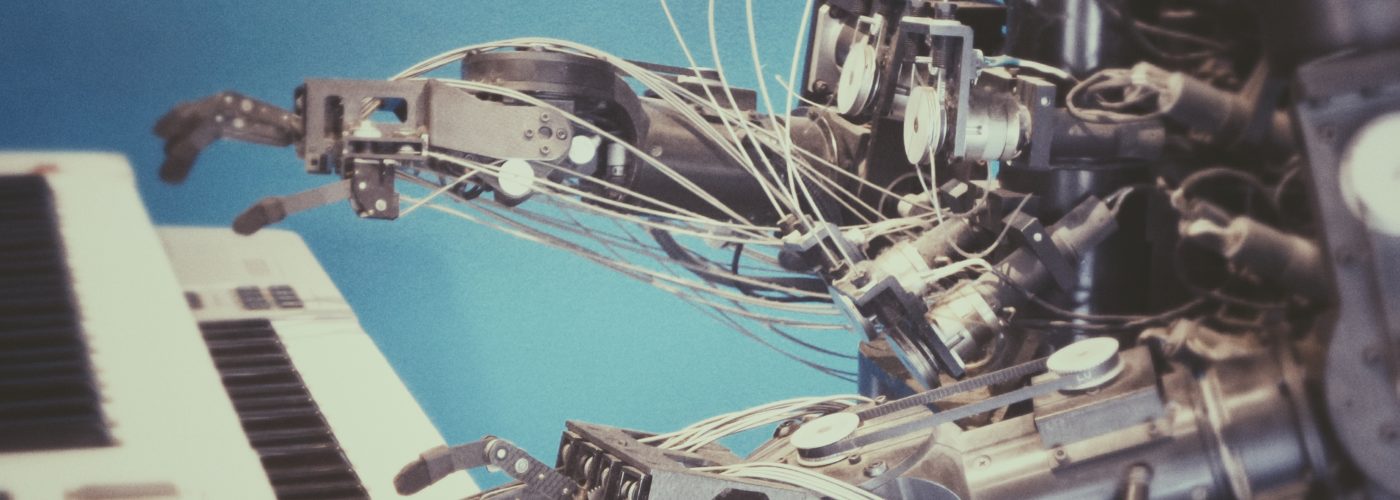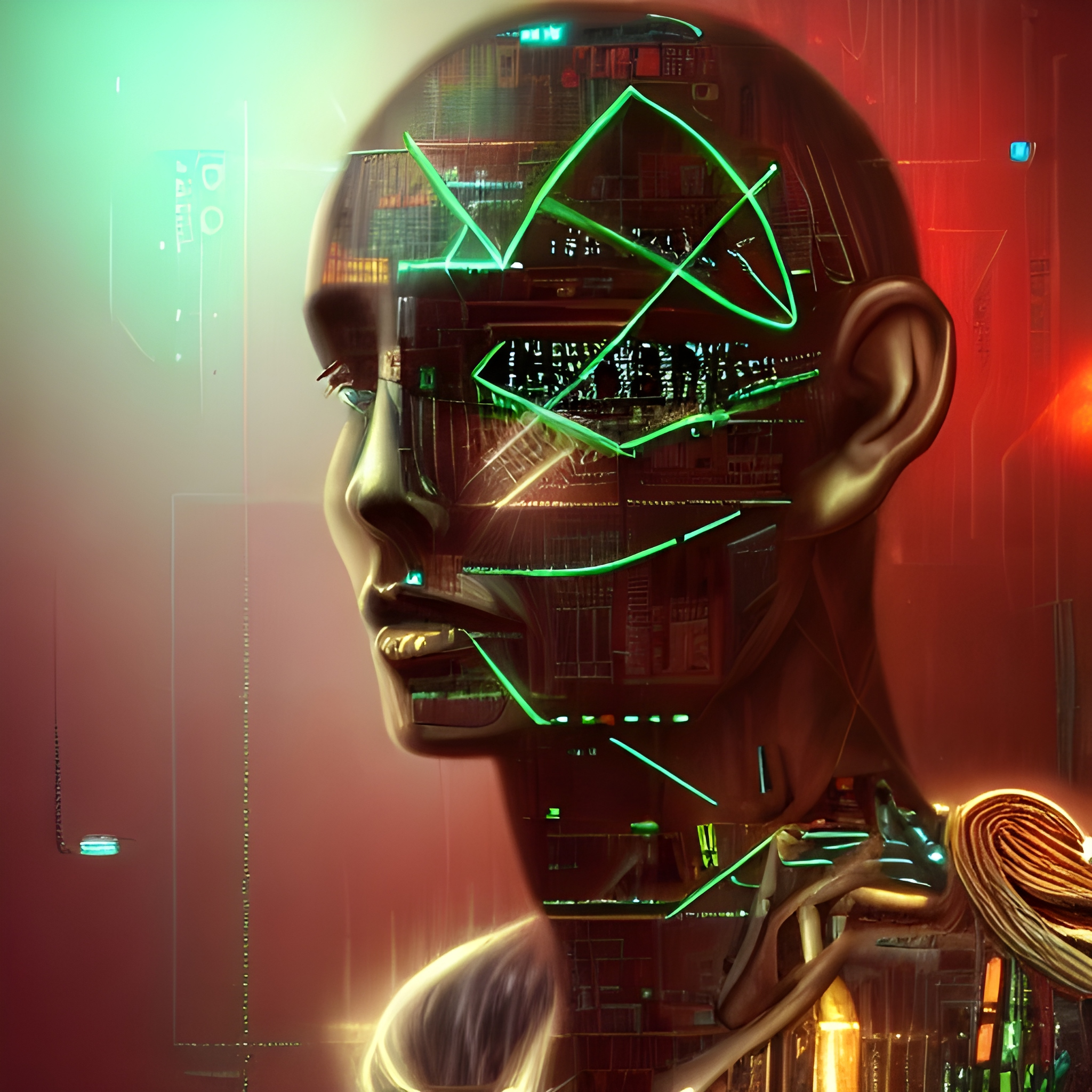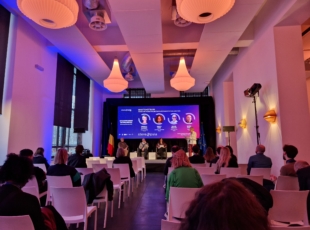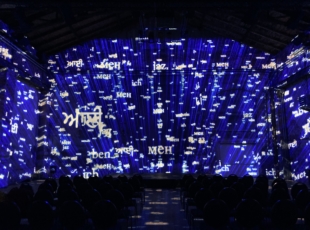ChatGPT has the writing professions rattled

Article author :
Since its launch in December 2022, ChatGPT has enjoyed unprecedented success in the world of artificial intelligences. Whether one is amazed at its writing capabilities or worries for the future of one’s profession, one thing is certain: we have not heard the last of the intelligent interactive tool developed by OpenAI.
Technically, ChatGPT is a prodigy. Capable of producing original texts with a sophisticated syntax and quite complex variants, it is becoming difficult to tell its texts apart from those produced by a human being. For these reasons, a large number of professionals involved in the writing trades, such as that of translation, are viewing the emergence of this tool with a certain dread, anxious about seeing their profession gently (or even rapidly, given the speed advances are being made in this field) fade out of existence.
It is nevertheless not a new impression. Since 2016, many changes have been wrought to their work practices by neural machine translation tools. The emergence of Google Translate and DeepL had already raised the question of the threat which artificial intelligence may pose to translators.

American researchers at OpenAI, Open Research and the University of Pennsylvania have carried out a study to establish the potential impact artificial intelligence may have on a vast range of professions in the United States. From this research it emerges that 80% of professions will see at least 10% of their tasks affected by ChatGPT and other similar tools. Interpreters and translators are the most affected, followed by other written word trades such as writers, poets and journalists – OK, now we are starting to get a bit worried. Also on the list are stenographers and those working in a paralegal capacity, public relations specialists, mathematicians, accountants, blockchain engineers, and the designers of web and digital interfaces
The researchers conclude that it is the ‘so-called intellectual professions’ which are most at risk of having their daily lives turned upside down. And that is the case simply because for them the use of computer software is central. Conversely, labour-intensive industries such as forest-harvesting, social support and the food industry should escape the AI revolution.
In the final analysis, what is the impact for the writing professions?
If truth be told, translation assisting software has been around for a long time now and has proved to be of invaluable help, depending on the working field of the translator. But if the arrival of ChatGPT has triggered such reactions, it is because this new system of natural language processing (NLP to our friends) is a genuine revolution in the area of artificial intelligence. Other language AIs such as Google Translate process the requests rapidly but do not possess sensibility, consciousness or the capacity to reason. ChatGPT is for its part based on a deep learning model. That is to say that it learns as it goes along accomplishing the tasks requested of it and saves the new information in a database. Like DeepL, ChatGPT is supposed to copy human intelligence. It thus has the capacity to create, to question itself and even, potentially, to offer an opinion.
This nuance is pretty important when it comes to translation. Translators as we generally think of them are primarily people who translate books or articles. These translations of a literary type are called ‘non-pragmatic’ because their direct application is communicational.
Pragmatic translation is one which involves a contract, a company’s balance sheet or an instruction manual, for example. It pertains to a specialist area and requires the use of specific terminologies adapted to the field in question.
The pragmatic translation sector has had access to artificial intelligence software for a long time. In particular to build up corpuses, in other words, sets of texts and terminological bases in which are found the vocabulary required to translate texts from one language into another in such a way that the translation seems to have been written by a specialist.
At the present moment in time, interactive artificial intelligences such as ChatGPT are advanced enough to carry out the work of technical translators effectively and unambiguously. That would suggest that technical translators will be the most affected by the artificial intelligence led democratisation of the translation domain over the coming years.
A profession transformed rather than replaced
The impact on non-pragmatic translation is a little more difficult to establish. It is very likely that the profession will be affected, but with different issues involved. ChatGPT is simply not yet capable of understanding the distinctive characteristics which mark out literary translation, such as irony or figurative turns of phrase, for example.
If AI will be perfectly capable of translating a text of several hundreds of pages in a few seconds, there will still remain a substantial amount of work for the translator, because the text will have to be reviewed to check for and correct errors of understanding. Non-pragmatic translation is a sequence of choices. The translator has to place themselves in the shoes of the author and try to interpret their thinking, before translating it into another language in the most appropriate way. That requires them to consider a whole series of varied factors such as the historical period, the style, the subjects broached in the texts, as well as the personality of the author.



In short, even though AI has the potential to significantly shake up certain aspects of the writing trades, it does not signify the end of these professions. These professionals will probably become revisers. But here is the fly in the ointment: they will all the same need to be in possession of all of the skills linked to the translation profession. Being perfectly bilingual in two working languages, obviously, but also understanding and mastering the concepts raised in the texts, even in literary translation. As far as translations for the press are concerned, extensive knowledge of current affairs and the political issues of the subjects in question will be indispensable.
As you can well imagine, all of these skills are those of a person who enjoys ample work experience and years of studying. Somebody capable of translating a text from A to Z (see what I did there?). But who, instead, will revise texts instead of translating them.
Artificial intelligences capable of writing will never entirely replace human beings. They are presented as aids to productivity, as well as to the facilitation and simplification of time-consuming and repetitive tasks. Above all, they have to be used in very specific cases, without them being abused. They will certainly never be perfect. As Olivier Mannoni, a translator and the author of the essay Translating Hitler, in the ‘Toledo’ journal, argues: ‘At no moment does the machine go back to the text or look more deeply into it in order to understand the irony, the seriousness, the dark humour. It is incapable of doing so, just as it is incapable of recognising a style, the “hand” of the writer, a talent.’
“Treacherous and counterproductive”
We asked the Capeach team, which translates the content of kingkong, to share its experiences of artificial intelligences, and DeepL in particular. ‘At first sight, DeepL seems to be doing a good job,’ admits Céline, a translator at Capeach. ‘For that reason, it could be tempting to rely on the programme. But it could prove treacherous and counterproductive if you don’t pay attention to the results which are produced.’ From the outset, the translated texts seem qualitative, but they include many mistakes, notably in choosing one word rather than another. DeepL is not yet high-performance enough to understand these nuances and choose the most appropriate term. And that is a problem which occurs as much for literary texts as for very technical texts such as contracts.
Finally, the more we use writing and translation machines, the greater the risk of a standardisation of the language. The style of written works will be increasingly uniform, which will bring about an impoverishment of language.
Yet, in order to express a thought, mastering the language is vital. In trusting machines, we risk leaving behind our critical ability. Consequently, Céline believes that it still remains better to translate from the beginning to the end, whilst making use of computer-assisted translation (CAT) for the targeted phrases or sections of the texts. Rereading a text translated by DeepL or ChatGPT is a tricky process, because the risk of failing to detect crucial errors is too great and takes, in the end, more time.
A story, projects or an idea to share?
Suggest your content on kingkong.
also discover

From Belgium to Japan, the new territories of creative digital creativity

Stereopsia, the key European immersive technologies hub

NUMIX LAB 2024: creating bonds and building the future of digital creativity


